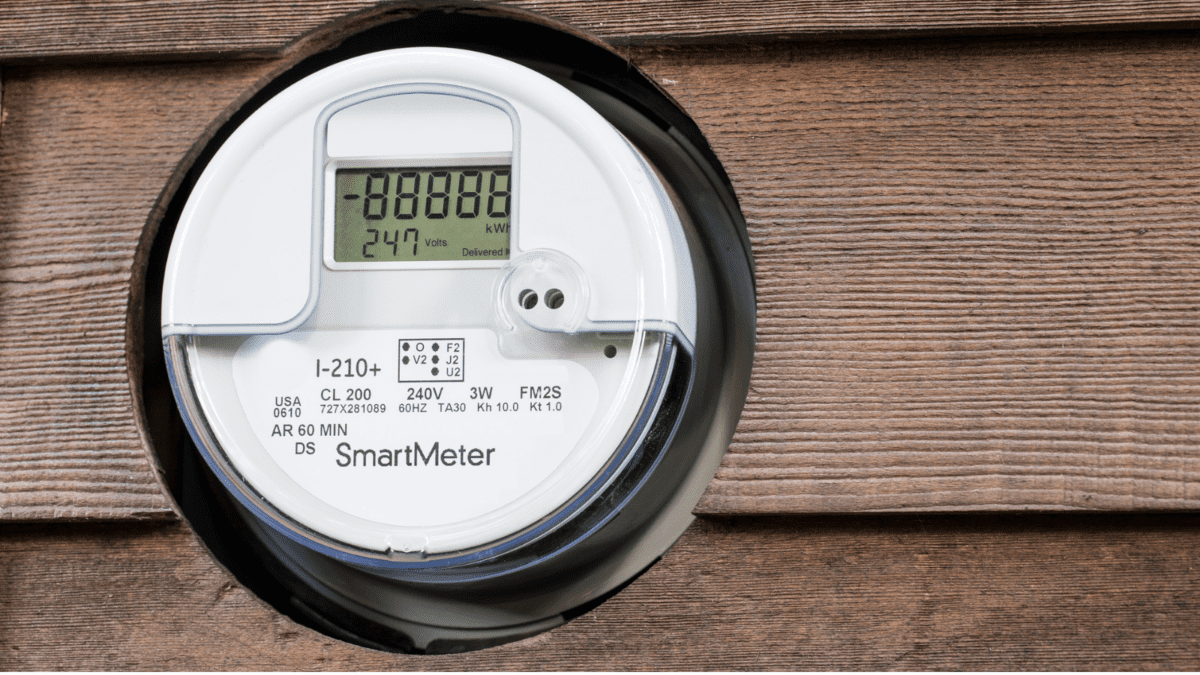A look at REITs as Australia gears towards a reopening
Last week, Australia hit a significant turning point in its fight against Covid-19. The Federal Government outlined guidelines for states to follow by reopening most sectors of the economy for people once 70% of adults in the state have had two vaccine doses as early as mid-October.
It’s a massive shift from what the market was becoming used to; a stop-start economy where sudden outbreaks would trigger a snap lockdowns on a constant basis. Most market analysts were expecting the current lockdown to continue through to early next year.
With the recent announcement, the pandemic looks to have hit its peak both here and overseas. Because the share market reflects future earnings usually months out, the market has already moved to a post-covid world.
A simple glance at some of the Covid-losers will see them rebounding sharply. Aviation stocks, airports, shopping centre and commercial REITs as people return to work, casinos and hospitality stocks all stand to benefit from an easing of lockdown restrictions.

Sydney’s cafes, restaurants and pubs are looking set to reopen in the second half of October with Victoria likely to follow a few weeks after. There’s now light at the end of the tunnel. As you can see in the above table, stocks negatively impacted by Covid-19 are recovering on the back of this positive news. When borders reopen and restrictions lift, global travel will resume. And so, aviation and airport stocks are the first to come to mind.
However, these sectors have already started to rebound.
Right now, listed property companies are in a better position to benefit from this reopening trade because they haven’t started to move yet. The hardest-hit sectors when Covid-19 first emerged were shopping centres and office spaces, retail and hospitality. While the latter two have recovered, most A-REITs are still below pre-COVID levels. The S&P/ASX 200 AREIT Index (ASX:XPJ) is trading below its pre-Covid level and below the S&P/ASX 200 Index. And it’s of no surprise.
The Melbourne and Sydney CBDs, usually bustling with people, were turned into ghost cities overnight when lockdowns were first put in place. Shopping centres and office buildings were left empty. With no foot-traffic, retailers were forced to shut up shop. The effect is still being felt today.
Shopping Centres – Scentre (ASX:SCG)
Scentre Group is a shopping centre giant with retail destinations operating under the Westfield brand in Australia and New Zealand. Shopping centres were hardest hit. Suffering on a global scale, the pandemic forced people to bunker down at home in isolation, all but reducing foot traffic to nothing. Retail stores were left to fend for themselves and either shifted online or shut up shop, causing vacancies and business bankruptcies to retail property groups. Fast-forward to today and the sector is still under its pre-COVID March 2020 high. Shares are trading at $2.83 or -11.56 per cent from its March 2020 high of $3.20.
Credit Suisse recently upgraded their recommendation from Neutral to Outperform with a target price of $3.01 on the back of SCG’s FY21 result. Overall, the result was in line with CS’ estimates , with funds from operations (FFO) up 28% over the previous period to $463.4m supported by a lower credit loss provision. Restrictions and lockdowns did impact the portfolio as well as mandated rent relief in NSW and Victoria, Credit Suisse expects the second-half of FY22 to be weaker. As a result FY21-FY23 FFO per-share estimates were dropped by 12.8% and 1.1% respectively.
Factoring-in the reopening of the economy occurring a lot sooner than expected, the scope for earnings recovery back up to pre-Covid levels is a lot more likely. And it will happen fairly quickly. Empty shopping centres should pack-out fairly quickly.
Credit Suisse upgrades the group to Outperform from Neutral. Target is raised to $3.01 from $2.97.
Office retail – GPT Property Group (ASX:GPT)
The GPT Group is a REIT that invests in primarily office (40%), logistics (20%) and retail (40%) assets. The retail segment includes regional and sub-regional shopping centres, while the office segment comprises “prime” central business district office properties including some associated retail space, as well as GPT’s equity investment in GPT Wholesale Office Fund. The logistics segment manages logistics and business park assets. While GPT isn’t a pure-play office retail, it still has a significant exposure to it.
The downside is that the working-from-home (WFH) effect has transformed the way employees work. Now after two years of working remotely, it’s hard to imagine everyone returning back to the office to the way things were before Covid. The work environment post-Covid won’t be the same. Some employees may prefer to stay WFH, others will return and some will be a mixture of both.
Credit Suisse has an Outperform recommendation with a target price of $5.02. GPT recently posted a better-than-expected FY21 result which included a 24% rise in FFOs per share. The broker says there is a high degree of predictability over GPT’s office and logistics portfolios, with the material uncertainty really relating to the retail portfolio. GPT continues to be discounted due to its retail exposure, with little (if any) value being given for its management business or future development pipeline.
Outperform rating is unchanged and the target price lifts to $5.02 from $4.84.









